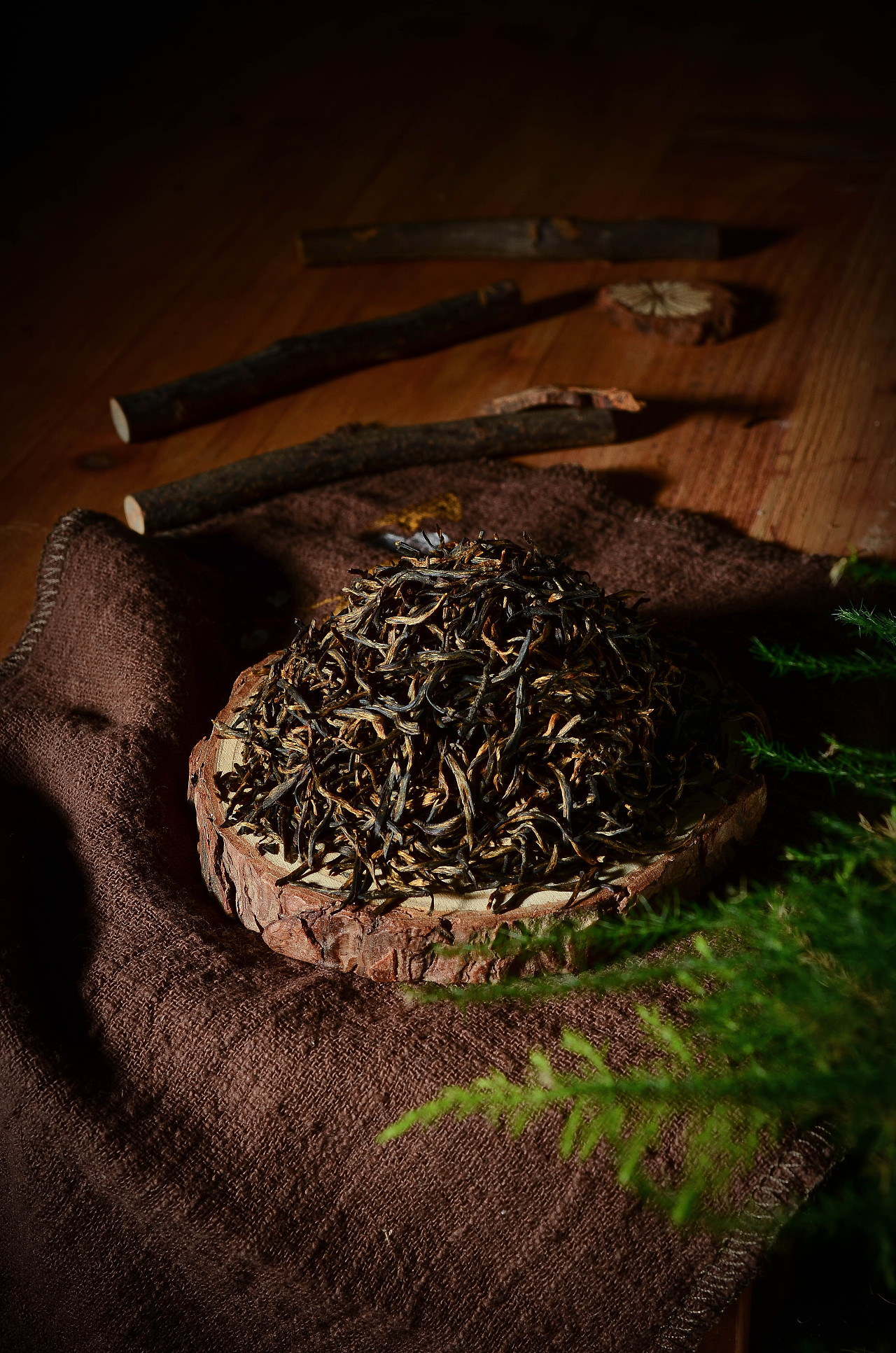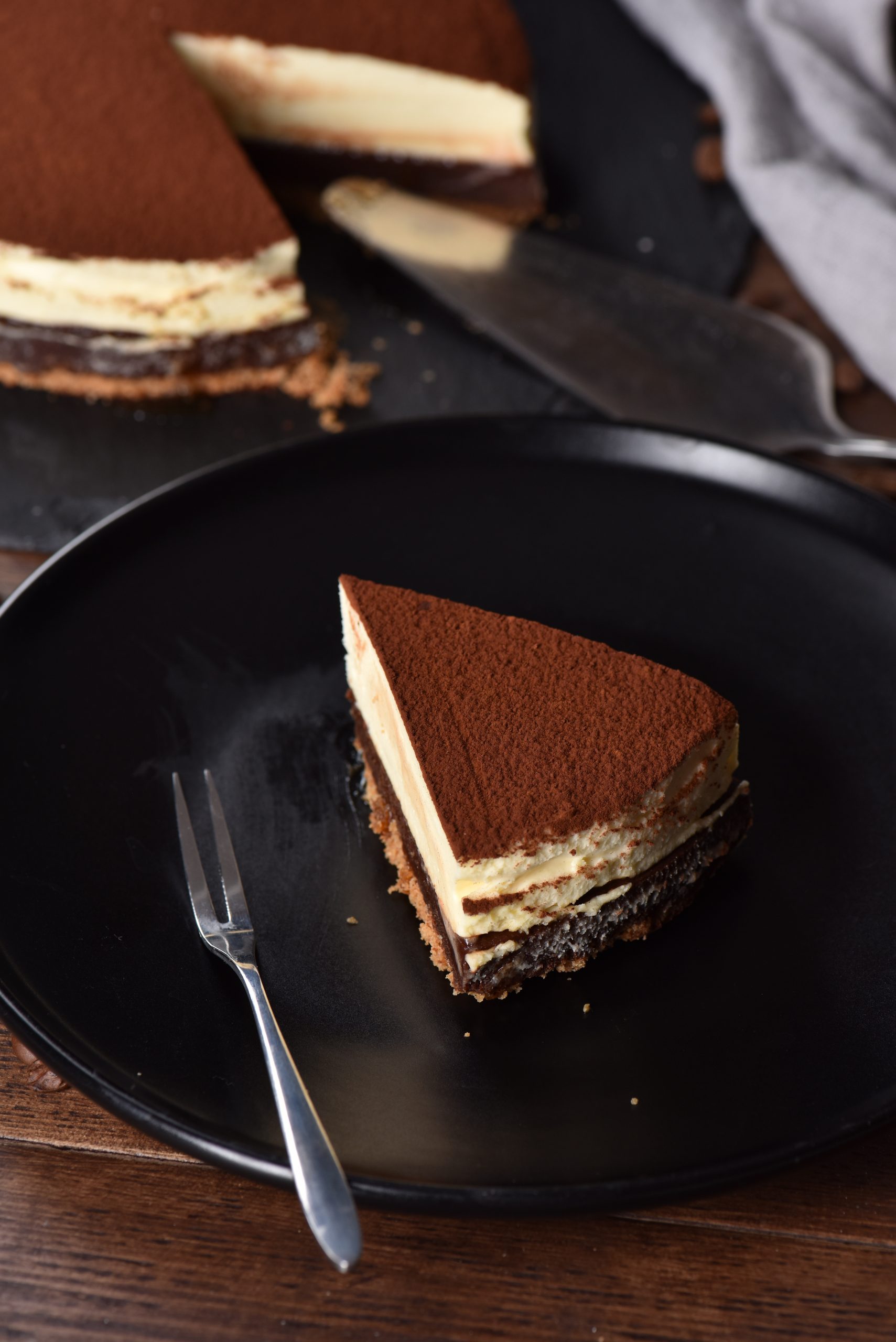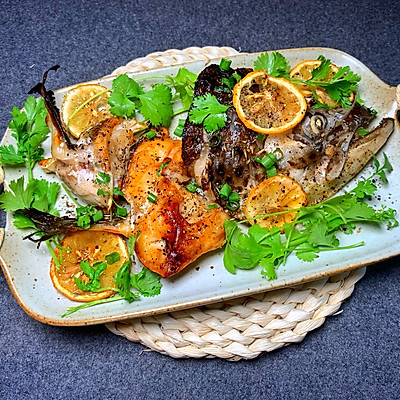Tea, a beverage that transcends borders and time, has woven itself into the cultural fabric of societies worldwide. As we embark on a journey through tea’s intricate history, diverse cultural significance, and the enchanting rituals surrounding its consumption, we discover a world steeped in heritage and stories.
 Origins and Ancient Beginnings
Origins and Ancient Beginnings
The tale of tea begins in ancient China, where legend attributes its discovery to Emperor Shen Nong in 2737 BCE. According to the legend, tea leaves fell into the emperor’s boiling water, creating an aromatic infusion that captivated his senses. This serendipitous discovery marked the birth of tea culture in China.
Chinese Tea Traditions: A Symphony of Flavors
China’s tea traditions are as diverse as its vast landscapes. From delicate green teas like Longjing to the complex oolongs of Wuyi, each tea variety reflects regional terroir, craftsmanship, and centuries-old techniques. Tea ceremonies, such as the Gongfu Cha, elevate tea-drinking to an art form, emphasizing mindfulness and connection.
Japanese Tea Culture: Harmony in Every Sip
In Japan, tea assumes a spiritual significance through the revered Japanese tea ceremony, Chanoyu or Chado. Matcha, powdered green tea, takes center stage in this ritual, emphasizing harmony, respect, purity, and tranquility. The meticulous preparation and presentation of matcha symbolize a journey toward inner peace.
English Afternoon Tea: A Ritual of Elegance
In the 19th century, tea took a different form in England with the introduction of afternoon tea. A social affair characterized by dainty sandwiches, scones, and pastries, afternoon tea became a symbol of refinement and sociability, embraced by the English aristocracy and eventually evolving into a global tradition.
Indian Chai: Spices and Stories
Journeying to India, we encounter the vibrant world of chai. A concoction of strong black tea, spices, and milk, chai is deeply rooted in Indian culture. It is more than a beverage; it’s a symbol of warmth, hospitality, and social connection. Chaiwalas, street vendors selling chai, are iconic figures in Indian communities.
Moroccan Mint Tea: A Refreshing Ritual
In the labyrinthine souks of Morocco, mint tea is a cherished tradition. Green tea, fresh mint, and sugar are artfully combined in a ritualistic pouring process that aerates the tea, creating a frothy and invigorating beverage. This sweet and aromatic brew is a symbol of hospitality and friendship.
Global Tea Trends: Fusion and Innovation
As tea transcends borders, modern tea culture embraces innovation. Bubble tea from Taiwan, iced tea variations from the United States, and unique herbal infusions from around the world reflect a global fusion of flavors and culinary creativity.
Health and Wellness: The Tea Renaissance
Beyond cultural rituals, tea is increasingly celebrated for its health benefits. From antioxidant-rich green teas to herbal blends promoting relaxation, tea has become a staple in the pursuit of holistic well-being.
In conclusion, tea tales unfold a narrative that spans continents and epochs, revealing the interconnectedness of humanity through a shared appreciation for the art of tea. Whether in the serene ambiance of a traditional ceremony or the vibrant hustle of a bustling street market, tea continues to be a symbol of cultural identity, ritualistic elegance, and the simple joy found in sharing a cup with others.







